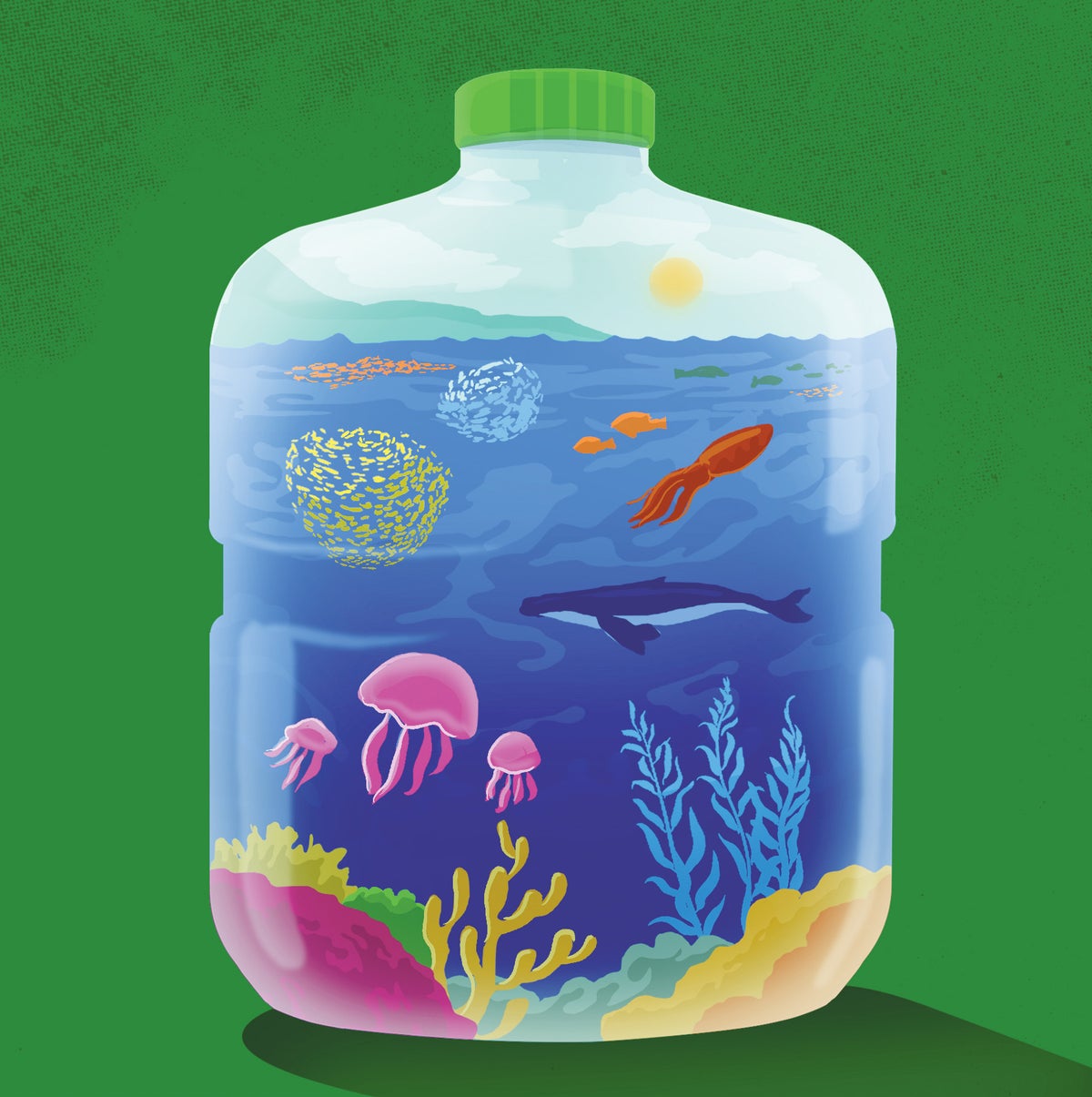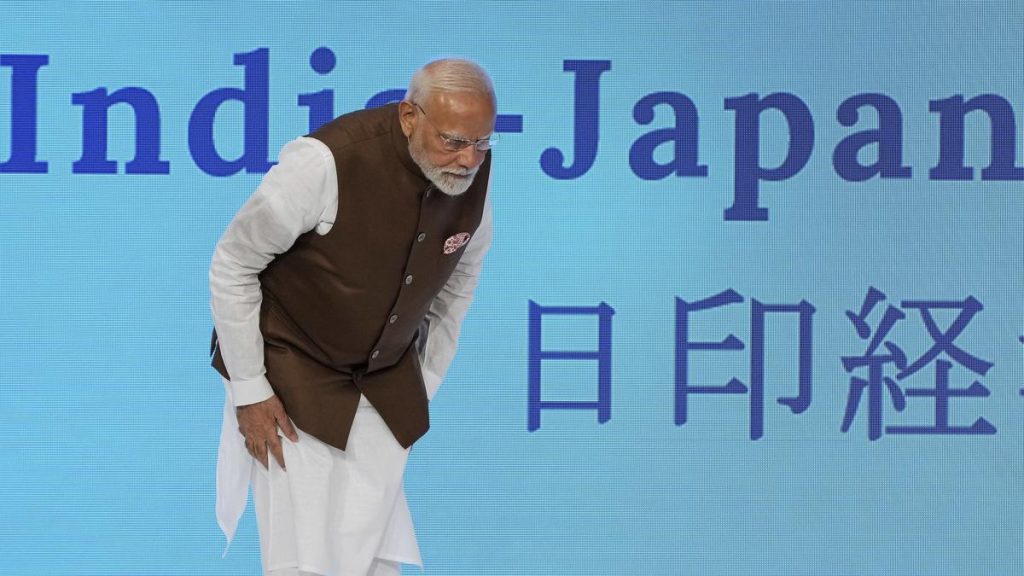Now Reading: Plastics: From Sustainability Hero to Environmental Villain
-
01
Plastics: From Sustainability Hero to Environmental Villain
Plastics: From Sustainability Hero to Environmental Villain

Speedy Summary
- plastics originated as a sustainability solution in 1864 to provide alternatives to dwindling natural resources such as ivory, tortoise shells, and silk.
- John Wesley Hyatt patented the first plastic material, celluloid, in 1869, intended to reduce reliance on endangered animals.
- Early plastics were hailed for thier durability and ability to substitute natural materials but evolved into commercial mass production items by the 20th century.
- Fossil fuels replaced bio-based materials in plastic manufacturing during World War II expansion.
- By the 1970s,single-use plastics became widespread as waste accumulated globally due to their non-biodegradable nature. Efforts like recycling proved largely ineffective as only about 10% of plastics are recyclable.
- microplastics now infiltrate soil, water systems, air, plants (via leaves), animals-including humans-leading to health concerns from their toxicity. Synthetic textiles contribute substantially by shedding microplastic fibers into ecosystems with every wash.
- Despite its origins meant to preserve resources like ivory and silkworms using celluloid and camphor-the demand for these natural products remained strong-intensifying environmental degradation rather of alleviating it.
Indian Opinion Analysis
Plastics illustrate how initial innovations aimed at solving resource scarcity can inadvertently cause unprecedented consequences when scaled without adequate foresight. For India-a contry managing rapid industrial growth while grappling with severe environmental challenges-this case highlights dual imperatives: adopting effective measures against plastic pollution while encouraging enduring innovation practices.
India ranks among top global consumers of single-use plastics yet has initiated anti-plastic campaigns like bans on lightweight bags as 2019. Though thorough execution gaps remain visible affecting implementation efficiency across rural-to-metropolitan divides logically risks amplifications unless tailored policy augmentations address complexities underpin disposal/recycling chains/process separately escalate ecosystem-wise interconnected trade-offs institutionally ensure containment trends persist predictively deter escalating polluting patterns ahead.
While innovating alternatives ecologically balancing stewardship obligation critical evaluating post-manufacturing/lifecycle contaminants enables communities forward-proof impacts avert repeat systemic strains prevention mitigation intricacies protect shared biosphere stability optimally long-term generational transitions scientifically influence rapport civilizations-green economy reciprocal interconnectedness affirmatively respectively perspective tow modernization pathways explicitly co-op model frameworks refine concert engineering future tracks counter implicative degradations restrictive boundaries moralities substance economy altogether empowered India’s role constructive transitional restitution standpoint varies nuanced population disparities dialog constructs equitable terms deeply transformative!
























